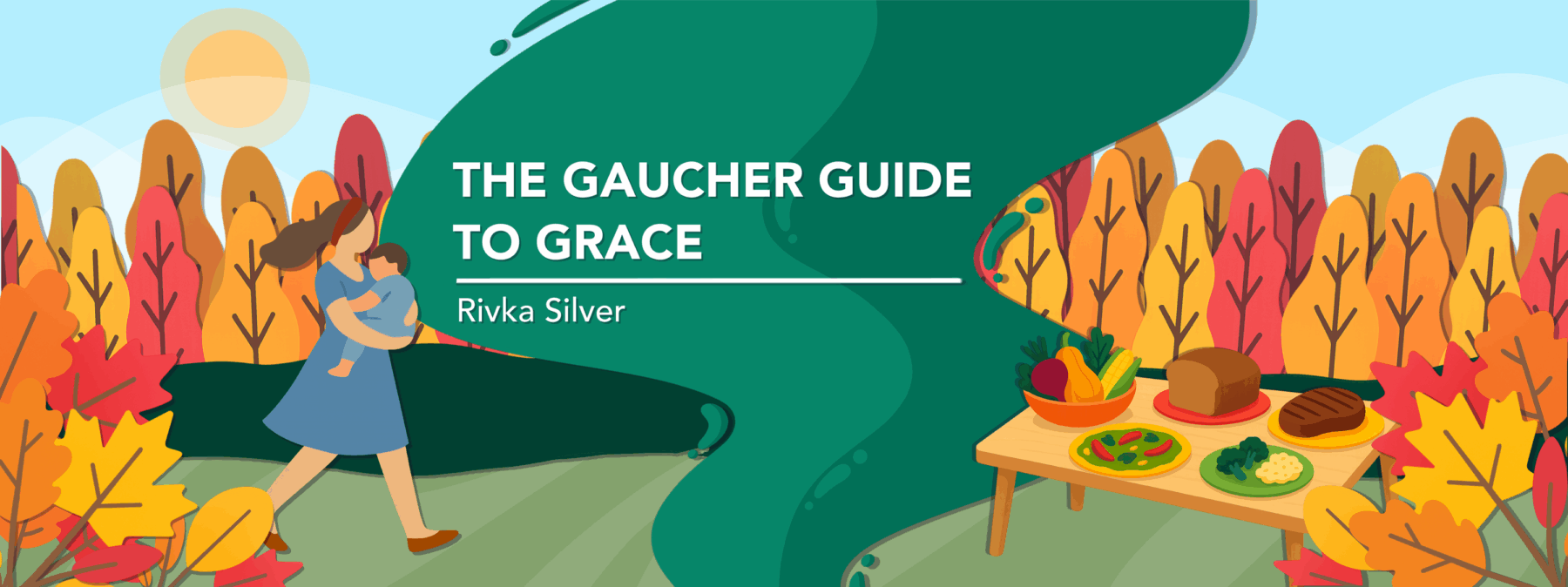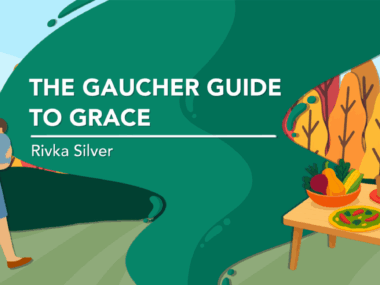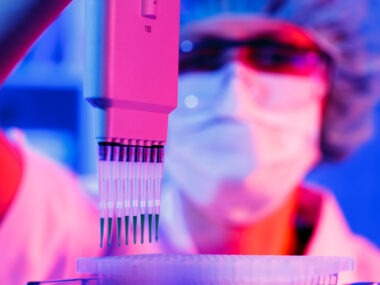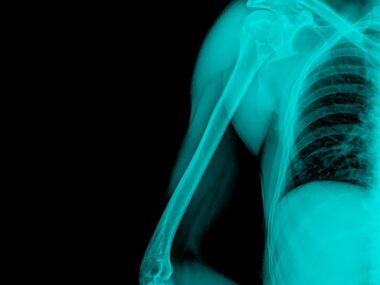Breastfeeding has been a beautiful challenge for me as a new mother
With Gaucher disease and osteoporosis, I've faced some complications
Written by |

Whether a mother feeds her baby by breast, bottle, pumped milk, or formula, it’s all sacred. Feeding a baby is an incredible act of love, and every mama is a superstar for sustaining life in whatever way she can.
That said, breastfeeding has been the biggest blessing of my journey into motherhood. It’s provided more than nutrition for my baby; it’s been emotional, healing, and defining for me.
I always knew I wanted to breastfeed. It felt like something primal, something deeply rooted in me. But with Gaucher disease and a preexisting diagnosis of osteoporosis at just 27 years old, I also knew it could get complicated, as pregnancy and nursing can further deplete bone density.
My doctor initially approved six months of nursing, acknowledging that the benefits to my baby outweighed the risks. But when that six-month mark came, I couldn’t stop. I’ve now been breastfeeding for 11 months, and here we are, still going strong.
Navigating the physical and emotional challenges
Even though my breastfeeding journey has been smoother than many, I don’t take it for granted. It’s still come with deep emotional weight and physical challenges, particularly in the early weeks. But this National Breastfeeding Month, I want to honor all aspects of my journey.
My son’s birth was traumatic. I wasn’t able to do skin-to-skin bonding right away, and I felt completely detached from everything around me. Hours later, once I was stitched up and had received fluids, I was handed my sweet, precious baby. My doula gently asked if I wanted to try nursing. I was so weak and exhausted, but something deep inside me said yes. He latched immediately, and in that moment, I went from being totally dissociated to suddenly realizing: There he is; that’s my baby. I knew him. He was mine.
But the challenges came quickly. I lost a lot of blood during delivery and required a transfusion. My hemoglobin levels were so low that nurses were shocked I was producing milk at all. I still remember the moment they told me I was too sick to feed my baby — my mom’s hand in mine, the blinding hospital lights, the sinking feeling in my chest. It was as if I were being told I couldn’t do the most basic thing a mother is meant to provide. Watching my husband feed our newborn formula was gut-wrenching. Rationally, I knew it was fine. Emotionally, it felt like my title of “mom” was being stripped away.
Thankfully, I recovered enough to continue nursing. But just as we found our rhythm, our baby was diagnosed with jaundice. The pediatrician worried he wasn’t getting enough milk, and suddenly, I was pumping around the clock, supplementing with bottles, and waking every two hours. I was exhausted, overwhelmed, and felt like I wasn’t enough. I remember sitting in the dark, pumping and crying over every precious milliliter and just feeling so alone. The nurses kept telling me he wasn’t getting enough, and I felt ashamed, like I wasn’t enough, as if I were starving my baby without even realizing it.
Eventually, his jaundice resolved, and I stopped pumping — something that still triggers me to this day. I now exclusively breastfeed, which comes with its own challenges, like always needing to be available or plan ahead. But for me, it’s been worth every bit of effort.
Breastfeeding has forced me to slow down. To breathe in his smell. To feel his tiny hands against my skin. To memorize his soft, relaxed face. It’s been the most beautiful, grounding part of new motherhood. It’s ours. Just me and him.
I don’t know what my doctor will say at our next appointment. Will he be upset I’ve nursed longer than planned? Maybe. But I also know I’m taking care of my health. I’m supporting my bones with supplements, infusions, and exercise.
More than anything, I’m proud. Proud of my body, my baby, and this journey we’ve shared. Breastfeeding hasn’t just nourished him; it’s healed parts of me I didn’t know were broken.
Note: Gaucher Disease News is strictly a news and information website about the disease. It does not provide medical advice, diagnosis, or treatment. This content is not intended to be a substitute for professional medical advice, diagnosis, or treatment. Always seek the advice of your physician or other qualified health provider with any questions you may have regarding a medical condition. Never disregard professional medical advice or delay in seeking it because of something you have read on this website. The opinions expressed in this column are not those of Gaucher Disease News or its parent company, Bionews, and are intended to spark discussion about issues pertaining to Gaucher disease.




